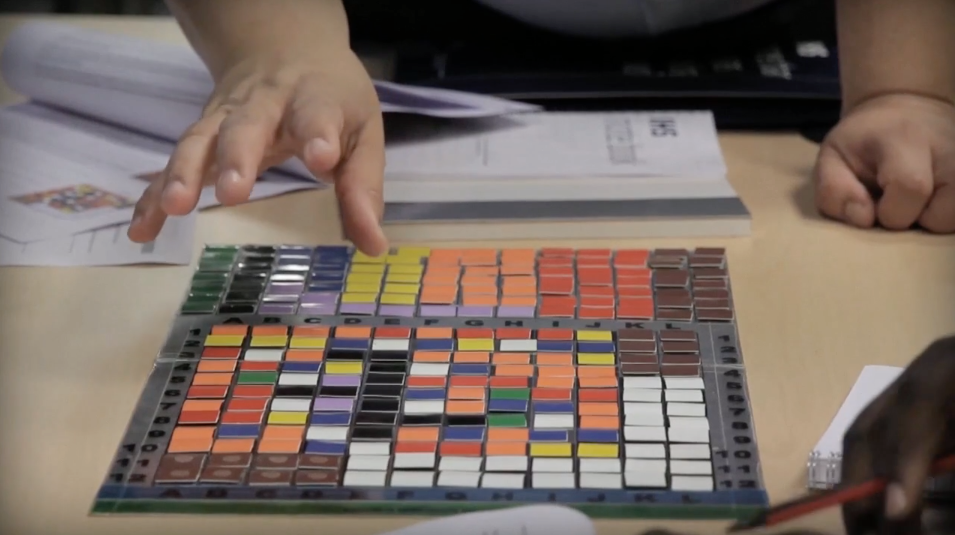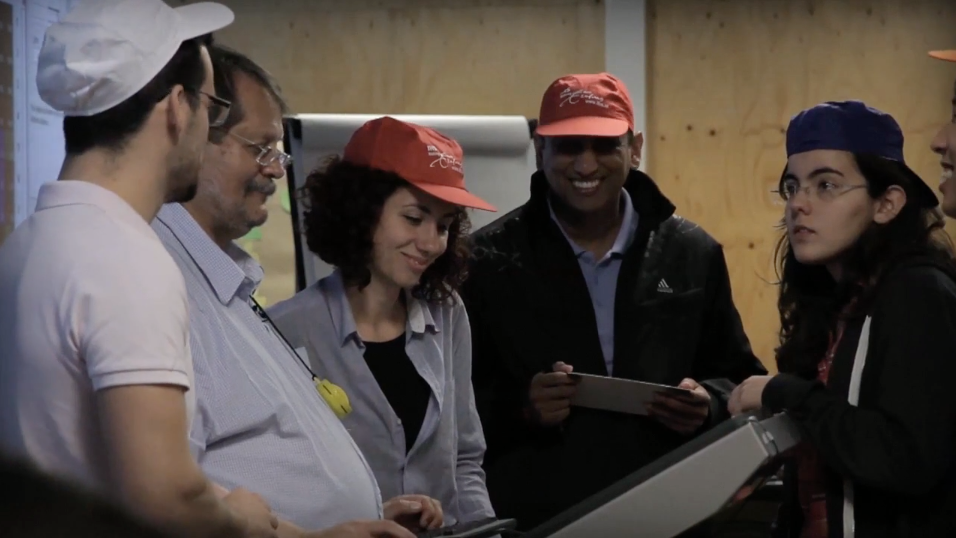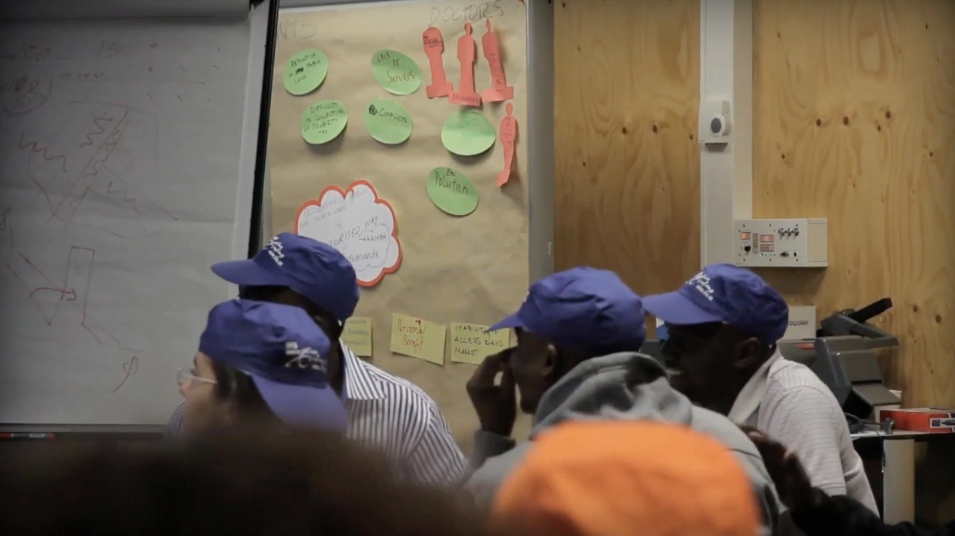Games for Cities
GLUT (2013)
Boston [US] &
Rotterdam [NL]
Developed by:
An educational, multi-player game which illustrates the basic workings of land and property markets.

The average citizen makes abundant use of the city but often knows little about the intricate web of transactions that take place – literally – on the ground beneath her feet. This is partly due to the fact that land and property markets tend to be very opaque and notoriously complex. To clarify this phenomenon, Martim Smolka (Lincoln Institute of Land Policy) and Carlos Morales Schechinger (IHS Rotterdam) developed Gaining from Land Use Transactions (GLUT): a tool with which to illustrate how land markets work.
Players are divided into 7 teams who each represent one type of land user in a fictional city: from real estate speculators to the middle class and NGOs. In a total of 8 rounds, these teams negotiate amongst each other to swap land plots in what the game developers call ‘an orthodox market’ with little regulation or taxation. Through these transactions, each team works to fulfil the ‘hidden agenda’ they have been given. Halfway through the game, the rules of the market are adjusted, changing the course of the city’s development. This serves to illustrate to the players the impact of laws and regulation. A press player reports at the end of each round on the city’s developments and reflects on the consequences of players’ actions.
Originally developed as a tool to be used in the classroom, GLUT has also been used extensively in other settings: with real-estate developers, city officials, and politicians. As a playful method, it allows participants to both grasp the basic concepts involved in real-estate markets as well as begin to formulate informed opinions about the future of their own cities.

